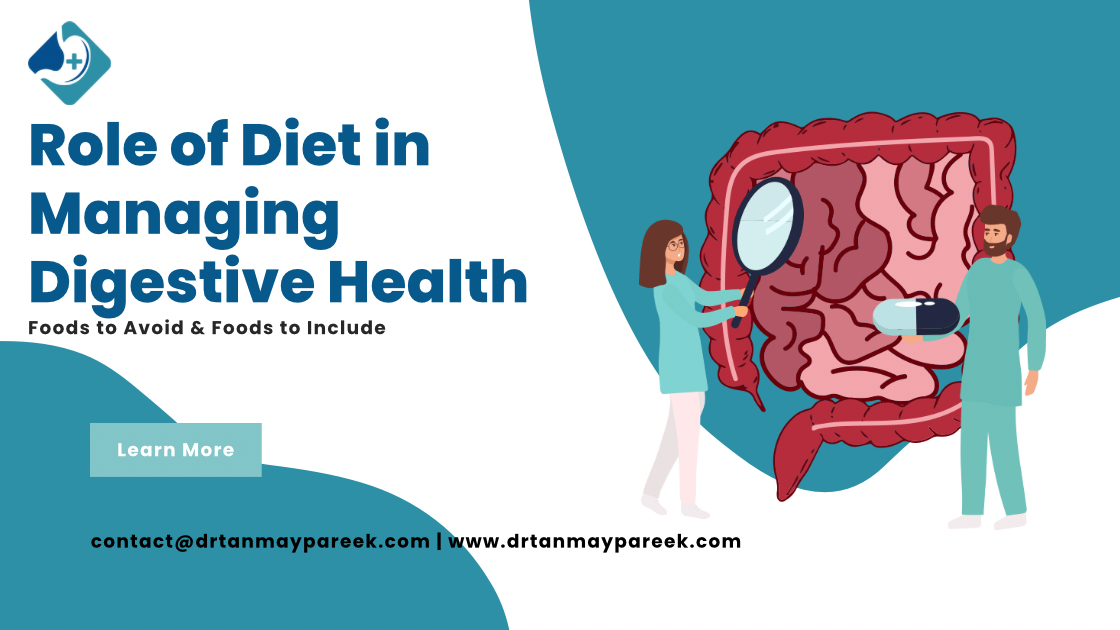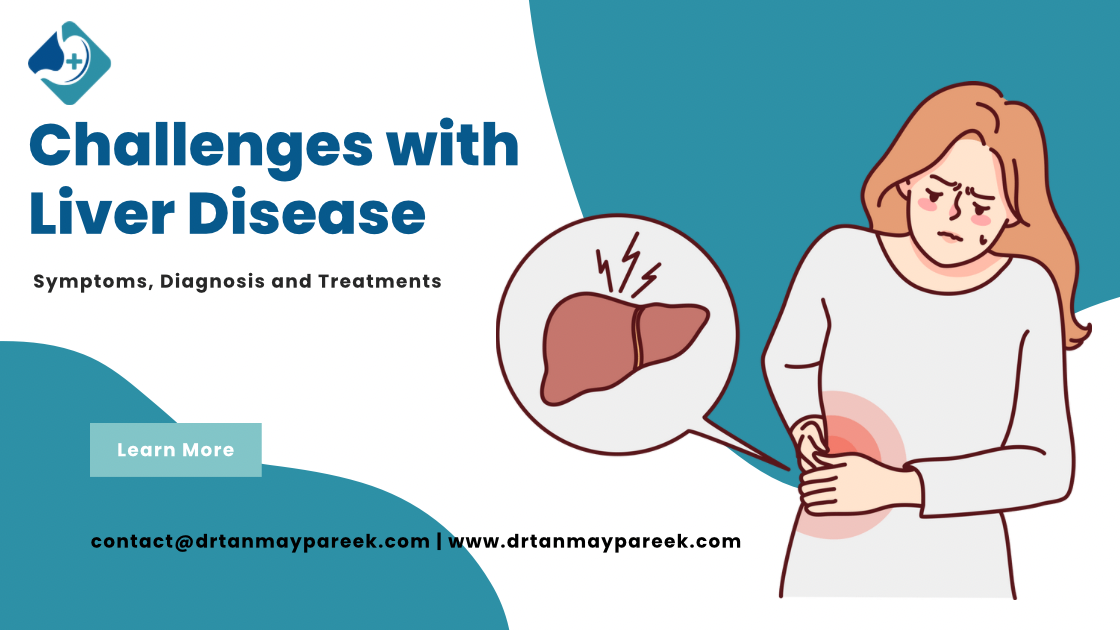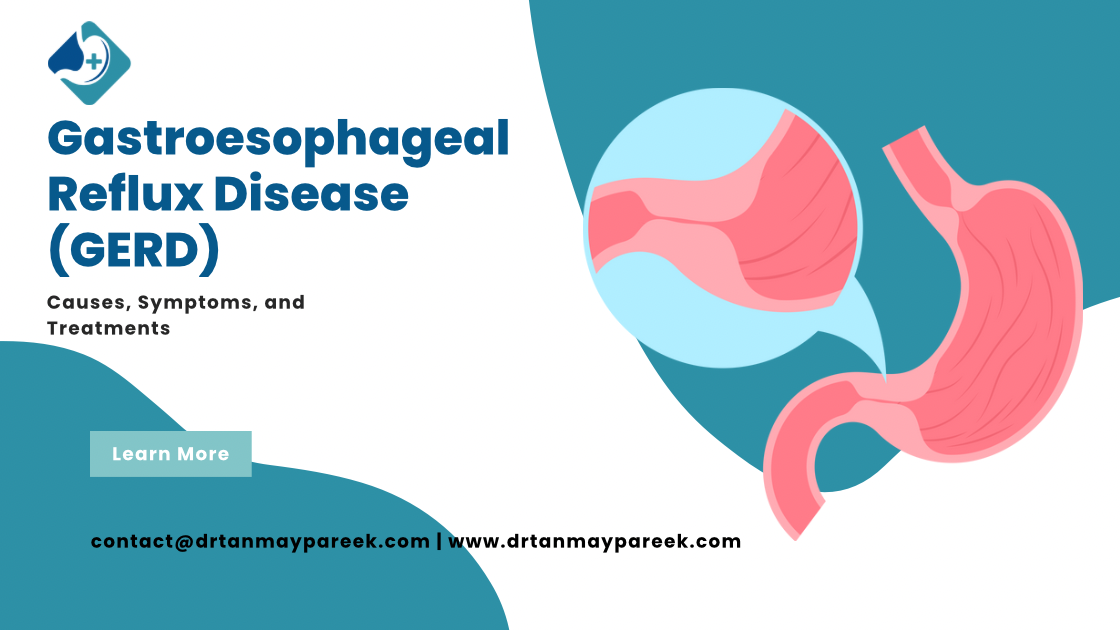Introduction
The link between diet and digestive health is crucial, as what we eat can significantly impact our
overall well-being. Many digestive disorders can be managed or even prevented through dietary
choices. Understanding the role of diet in maintaining digestive health is essential for anyone
looking to improve their gastrointestinal function.
Understanding Digestive Health
Digestive health refers to how well the gastrointestinal (GI) tract functions. This includes the
processes of digestion, absorption of nutrients, and elimination of waste. A balanced diet is vital
for ensuring that the digestive system operates smoothly, as certain foods can either promote or
hinder digestive health.
Foods to Include
Incorporating the right foods into your diet can promote better digestive health:
- High-Fiber Foods: Foods rich in fiber, such as fruits, vegetables, whole grains, and legumes,
help regulate bowel movements and prevent constipation. - Probiotics and Fermented Foods: Foods like yogurt, kefir, sauerkraut, and kimchi contain
beneficial bacteria that support gut health and aid digestion. - Healthy Fats: Omega-3 fatty acids found in fish, nuts, and seeds can reduce inflammation and
promote gut health.
Foods to Avoid
Certain foods can exacerbate digestive issues and should be consumed with caution:
- Processed Foods: Foods high in sugar and unhealthy fats can disrupt gut health and
contribute to digestive problems. - Spicy and Fatty Foods: These can trigger symptoms for individuals with conditions like
gastroesophageal reflux disease (GERD) and should be avoided. - Common Allergens: For individuals with food intolerances or allergies, avoiding gluten, dairy,
and other potential allergens is crucial for digestive comfort.
The Importance of Hydration
Staying hydrated is essential for digestive health. Water plays a crucial role in digestion, as it
helps dissolve nutrients and fiber, allowing for easier absorption. Here are some tips for
maintaining proper hydration:
- Drink Water Throughout the Day: Aim for at least eight 8-ounce glasses of water daily,
adjusting based on activity level and climate. - Limit Sugary and Caffeinated Beverages: While coffee and sodas can contribute to hydration,
they can also lead to digestive discomfort for some individuals.
Special Dietary Considerations
Individuals with specific digestive conditions may require tailored dietary approaches:
- Irritable Bowel Syndrome (IBS): A low-FODMAP diet can help reduce symptoms by avoiding
certain fermentable carbohydrates. - Crohn’s Disease: Patients may need to avoid high-fiber foods during flare-ups and focus on
easily digestible options. - Celiac Disease: Strict adherence to a gluten-free diet is necessary for managing symptoms
and preventing damage to the intestines.
Conclusion
Making informed dietary choices is crucial for maintaining digestive health and preventing
digestive disorders. Incorporating a balanced diet rich in fiber, probiotics, and healthy fats can
significantly improve gastrointestinal function. If you have specific dietary concerns or digestive
health issues, consulting Dr. Tanmay Pareek, the best gastroenterologist in Jaipur, can provide
you with personalized guidance and treatment options.





